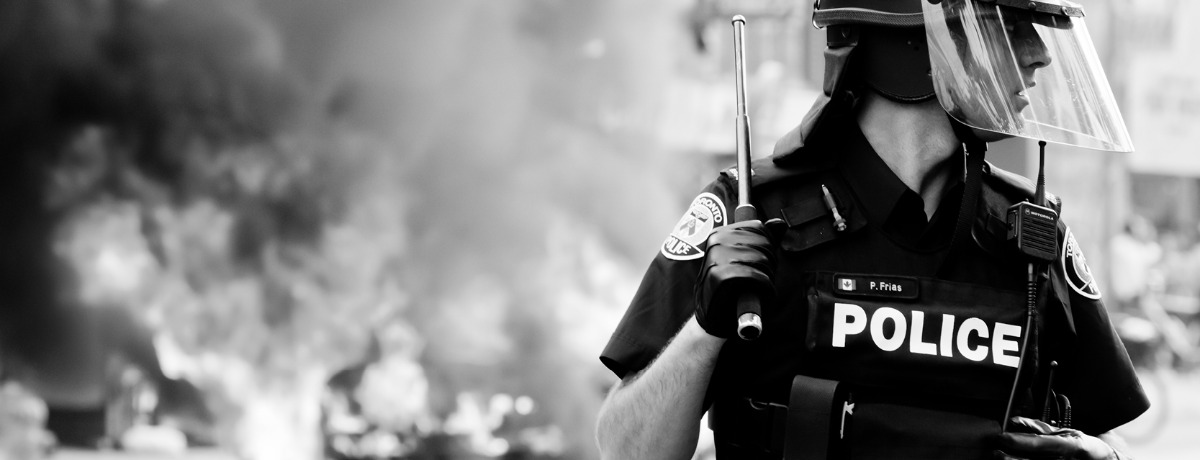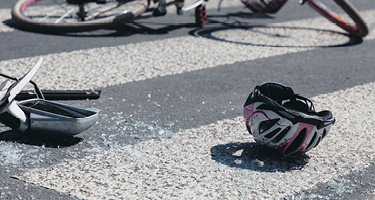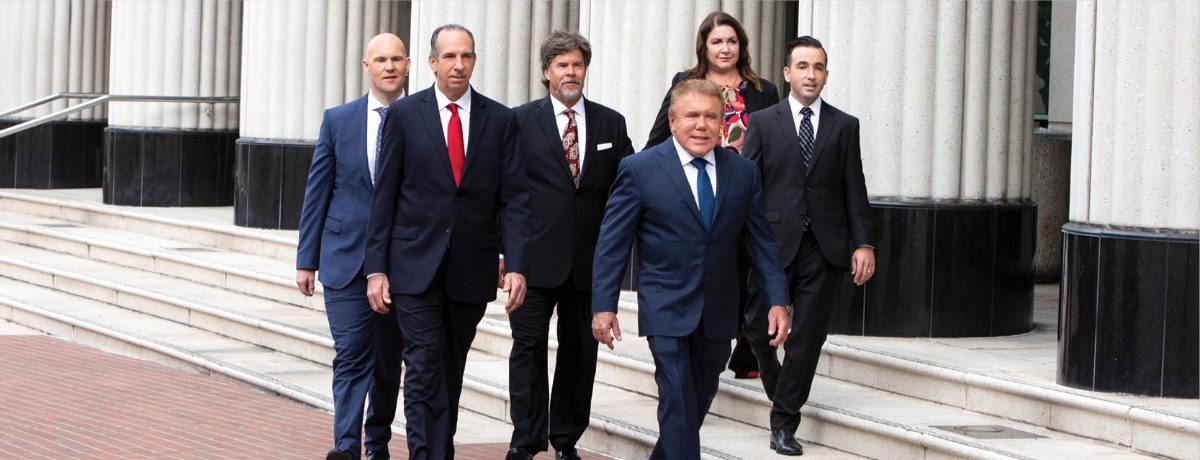Getting a fair recovery in a case that involves a law enforcement official can be difficult. You must prove that the police officer misbehaved in his or her line of duty, and it resulted in your injuries. It would be a wise decision to retain an experienced police brutality lawyer who will help you understand the next steps you need to take to protect your legal rights. Police brutality is illegal, and if you or a loved one has sustained injuries after a police officer’s misconduct, there are several steps you can take to pursue your case.
Get Medical Help First
If the arrest or use of excessive force has resulted in injuries, the police are required to get the injured person the medical care they need, unless doing so puts them at risk of being injured. Additionally, an individual in police custody has a right to adequate medical care. Failure to provide reasonable medical care is illegal, and the law enforcement officers may be held accountable for deliberate harm to another. Negligence may lead to a court case.
If a police officer fails to call 911, get you a doctor, or offer any first aid, you should request medical care yourself. It’s important that you record the exact time you asked to see a doctor. If you made several requests for a doctor and they were all declined or not acted upon fast enough, you need to record this as well as it will be crucial evidence for your case.
On the other hand, if you were not taken in by the police, but you experienced injuries after excessive force, you should go to the emergency room yourself or call your doctor as soon as possible. Getting prompt medical care is not only important for your health and recovery but will also provide critical evidence needed to support your case. You will need to prove that the police did act with excessive force and this resulted in your injuries. Your police brutality lawyer will gather all the medical records to prove the extent of your injuries.
Documenting The Police Brutality Incident
When it comes to personal injury cases, your memory may fail and as a result, you may lose your chance to get fair and full compensation. That’s why it is highly recommended to document everything starting when the police brutality incident occurred to the days and even weeks that follow. Some critical information you’ll need to document includes:
- The names and badge numbers of the police officers involved in the incident (including those who witnessed the incident)
- The date, time, and location of the incident
- The injuries you sustained (take photos)
- How your life has been impacted by the police brutality incident (you may record this in your journal)
Most importantly, work with your personal injury lawyer to protect all other evidence that may support your case. If the police brutality incident happened in a public place, there’s a high chance that video surveillance may have captured the incident. However, this footage may be in the hands of the police station or nearby homes and businesses. Since you may not have any access to these videos, your lawyer can help serve a legal notice to the relevant parties that will prevent them from tampering with any evidence that can be used in your case.
Filing A Complaint To The OIPRD
The Office of the Independent Police Review Director (OIPRD) is an independent organization that was set aside to handle complaints about police in Ontario. First, you will have to submit your complaint to the OIPRD by signing a form that indicates you have agreed to follow due process. Signing this complaint form will enable the members of the OIPRD to begin looking into the case.
All the details of the case will then be forwarded to the relevant police department which is assigned with the responsibility of handling complaints made against itself or its staff. The OIPRD members will then determine who will investigate the case. This could be the police service involved or a different one. You will then be provided with the status of the case.
Investigations Done By The OIPRD
The OIPRD will state clearly how the complaint will be investigated and highlight their expectations in terms of the level of cooperation required from the complainant. They will also explain to the complainant and all other parties involved how a decision will be reached and the actions that will be taken when the investigations are over. The chief or OPP Commissioner will also decide if the complainant was directly affected by the actions of the police.
Gathering Evidence
As the complainant, you will be required to provide additional information to support your case. This may include witness statements and their contacts. All the police officers involved will also be given an opportunity to submit their statements and memo book entries. Thorough investigations will be done where any video surveillance, radio transmissions, and photographs will be obtained to prove the case. The police are required to update the OIPRD on the investigations. A complete report will then be sent to the OIPRD addressed to the chief or OPP Commissioner.
What To Expect After The OIPRD Investigations?
There are several outcomes that arise after the investigations are done by OIPRD. First, your complaint may be unsubstantiated due to lack of evidence. This decision will result in the case being closed. If you disagree with the decision made by the OIPRD, you may request a review to appeal the decision. You can only request an appeal if the complaint is unsubstantiated or if the police determine your complaint to not be of a serious nature. However, you cannot appeal the decision made by the OIPRD regarding who will conduct the investigation.
If you do provide adequate evidence of police misconduct, your complaint may be substantiated by the OIPRD. This simply proves that the misconduct occurred, and the investigators will then classify the complaint depending on its severity. The police service determines the nature and degree of disciplinary action to be taken, and this will depend on the severity of the complaint. For instance, harassment and discrimination cases can easily result in a criminal charge.
Less (Not Serious) Police Misconduct
Incidents that involve police officers performing unsatisfactory work or misconducting themselves while on duty may be classified as ‘not serious’. The police service may take the following disciplinary actions against the officers involved:
- Order the involved officers to write an apology letter
- Suspension of the police officer without pay
- Forfeiture of pay
- Time off
Serious Police Misconduct
In cases where misconduct is regarded as serious, the police services board or senior police officers will call for a hearing. In these circumstances, the officers involved may face the following circumstances or outcomes:
- Forfeiture of pay
- Suspension
- Demotion
- Dismissal
To find out more information on how to bring a public complaint against the police, contact a lawyer as soon as possible. You only pay when your case is settled so you have nothing to lose and much to potentially gain.
This article was provided by:
Edson Legal | Police Brutality Lawyers Toronto https://www.edsonlegal.com/police-brutality-lawyers-toronto/
Grillo Law | Personal Injury Lawyers Toronto https://grillo.ca/































